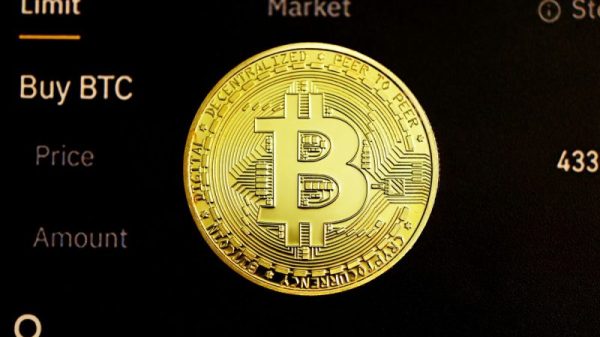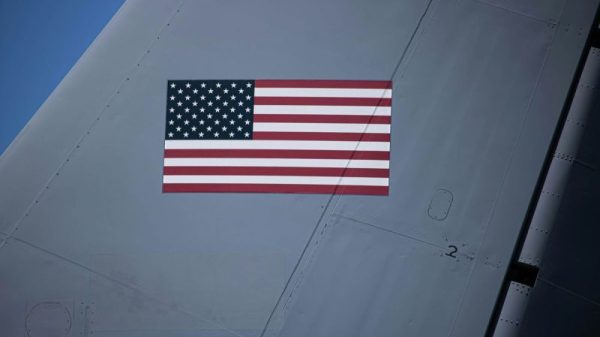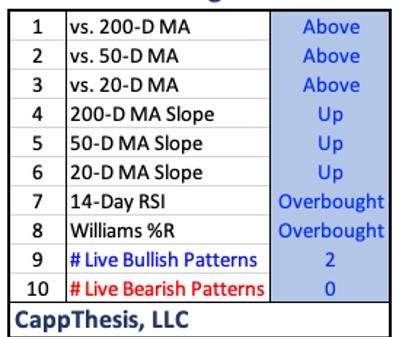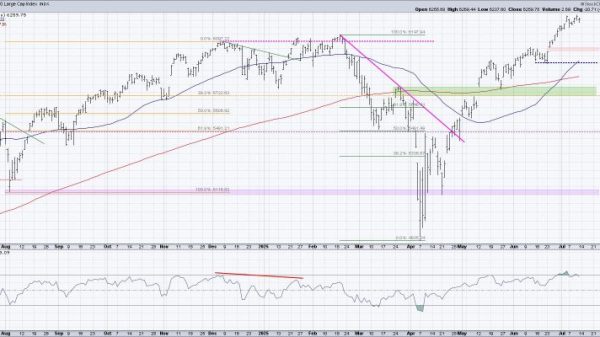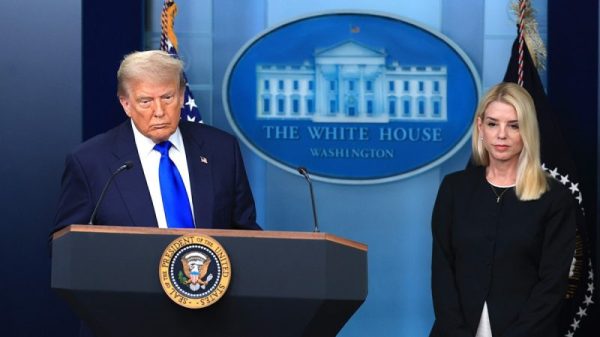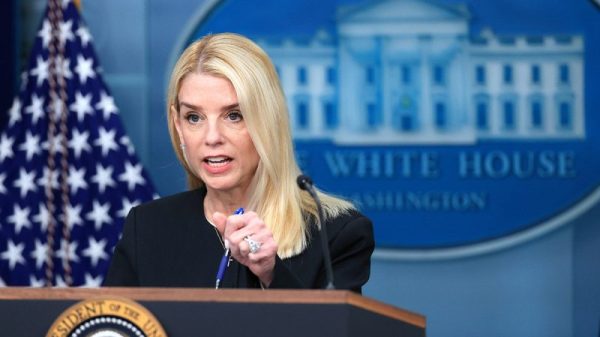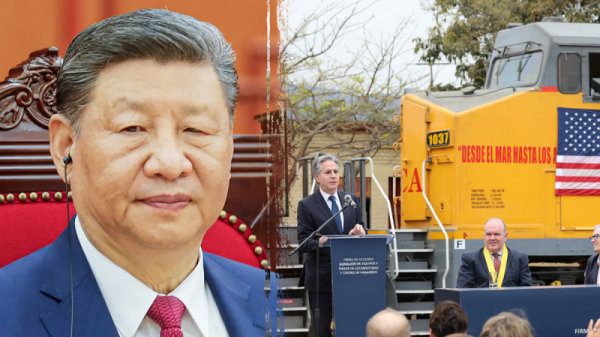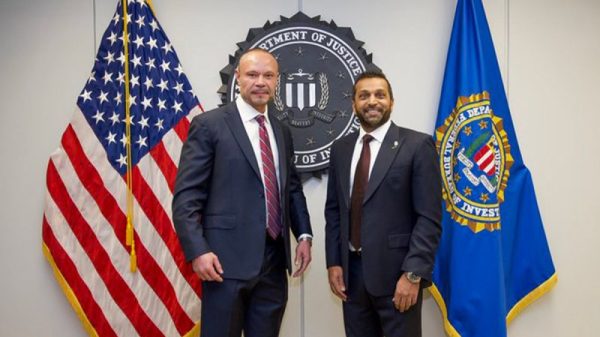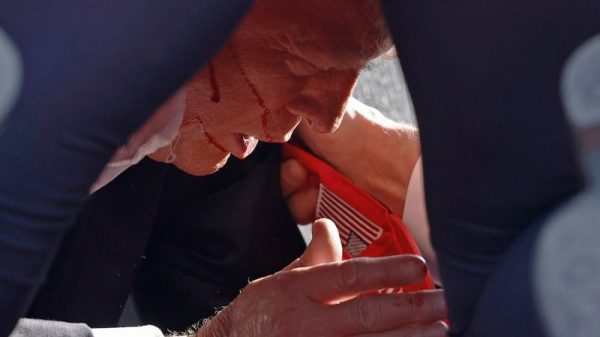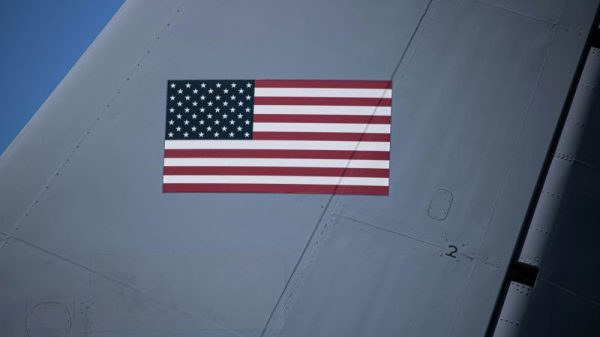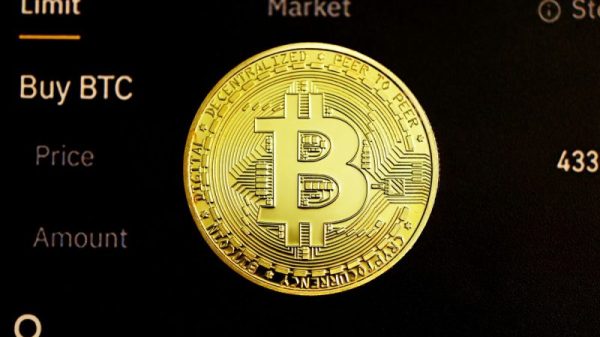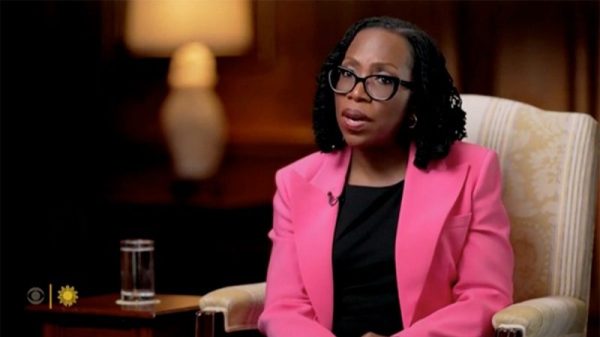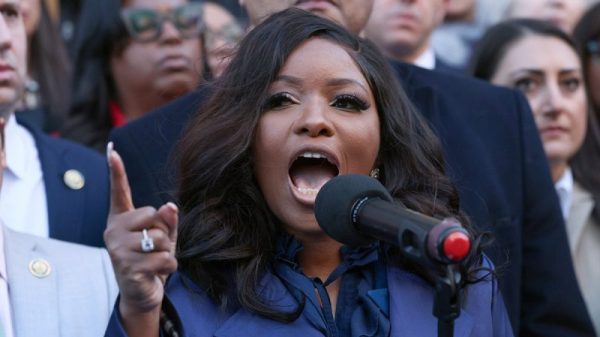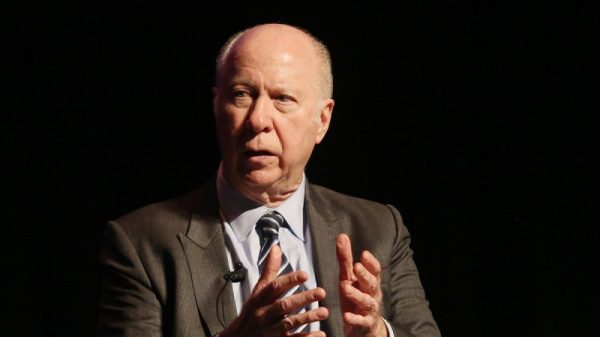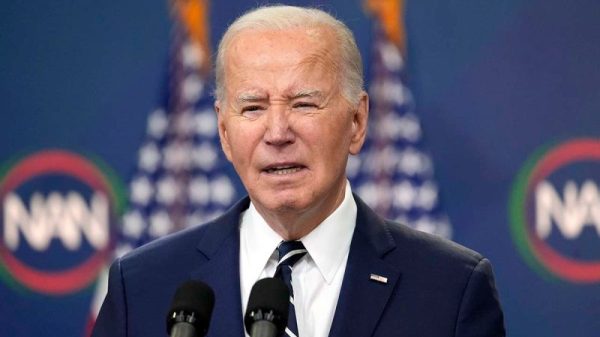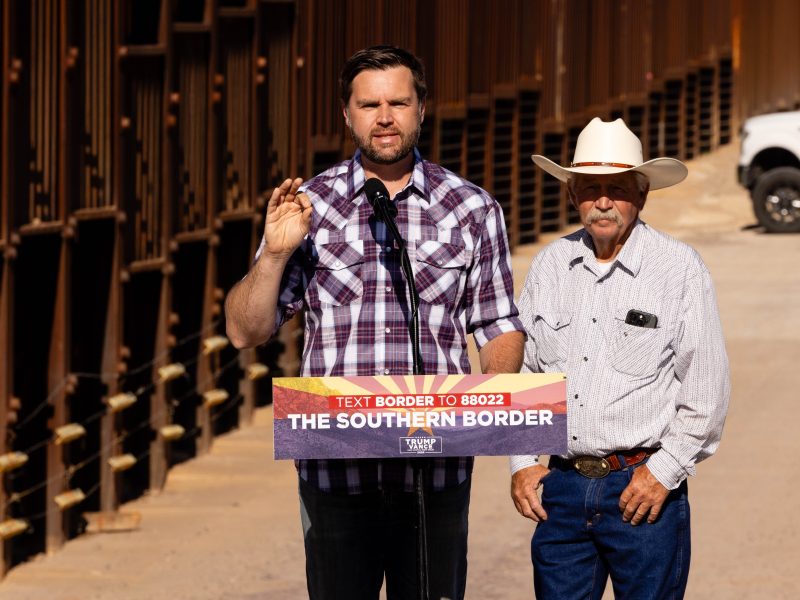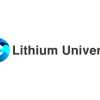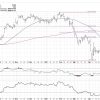“[Vice President Harris] voted to preserve NAFTA, the very trade deal that sent American jobs to Mexico and turned American dreams into nightmares.”
— Republican vice-presidential nominee Sen. JD Vance (Ohio), remarks in Glendale, Ariz., July 31
“She voted, even after it was obvious it was a mistake, she voted to preserve NAFTA, the very trade deal that sent American jobs to Mexico and turned American dreams into nightmares.”
— Vance, remarks in Henderson, Nev., July 30
“Biden supported NAFTA back in 1994, but Kamala Harris voted to keep NAFTA again and again, even after it was obvious it was a disaster for our people.”
— Vance, remarks in Radford, Va., July 22
In his campaign stump speech, Vance uses some oddly specific language when claiming that Harris supported the North American Free Trade Agreement (NAFTA). He says she “voted to preserve” it or to “keep” it.
Our Fact Checker antenna went up. When politicians use ambiguous wording, it often means they are intending to mislead.
Let’s take a look.
The Facts
NAFTA was negotiated and signed by President George H.W. Bush., a Republican, in 1992. Bill Clinton, a Democrat, pushed the deal through Congress the following the year, where more Republicans than Democrats voted for it, as the trade pact was vehemently opposed by labor unions.
Those were the days when the Republican Party was in favor of free trade. Now, under former president Donald Trump, who regularly denounced NAFTA, the party has become more protectionist. Vance introduces this line about Harris, the likely Democratic presidential nominee, after he denounces “globalization” — “where American jobs went to some other part of the globe instead of staying here for our own citizens.”
Vance’s attack shows how the Trump campaign is struggling with a new opponent now that Biden has abandoned his reelection bid. As a senator, Biden voted for NAFTA and other free-trade agreements, making him a target for this kind of campaign jab. Vance is awkwardly trying to apply an old attack line to a new foe.
Economists have not reached any firm conclusion on the impact of NAFTA, but many think claims of massive job losses are overstated. The nonpartisan Congressional Research Service in 2017 concluded that the “net overall effect of the North American Free Trade Agreement on the U.S. economy appears to have been relatively modest, primarily because trade with Canada and Mexico accounts for a small percentage of U.S. GDP,” though it noted that “there were worker and firm adjustment costs as the three countries adjusted to more open trade and investment among their economies.”
Back in 1994, Harris was a young prosecutor in Alameda County, beginning her political ascent with an appointment to the California Unemployment Insurance Appeals Board. So, she would not have had any role in approving NAFTA.
In a 2019 interview with CNN’s Jake Tapper, she said: “I would not have voted for NAFTA, and because I believe that we can do a better job to protect American workers.”
She added, “We need to do a better job in terms of thinking about the priorities that should be more apparent now than perhaps they were then, which are issues like the climate crisis and what we need to build into these trade agreements.”
Running for the Senate in 2016, Harris was a vocal opponent of the Trans Pacific Partnership (TPP), a trade alliance with the United States and 11 other Pacific Rim countries negotiated by the Obama administration. Trump was also a critic of the TPP — “even worse than NAFTA” — and scrapped it at the beginning of his term.
So what is Vance talking about? A spokesman confirmed that he is referencing Harris’s vote in 2020 against approval of NAFTA’s replacement, the United States-Mexico-Canada Agreement (USMCA), negotiated during the Trump administration. (Vance was not yet a senator when USMCA came up for a vote.)
Trump, in typical fashion, often claims USMCA was “the best trade deal ever made.” But it only made modest tweaks to NAFTA, such as modernizing trade rules in effect from 1994 to 2020, giving some wins to U.S. farmers and blue-collar workers in the auto sector.
Some elements of the deal, in fact, were borrowed from the TPP. The U.S. International Trade Commission, which is tasked with evaluating the impact of trade agreements, calculated USMCA would have a relatively minor impact: The USMCA would raise U.S. real gross domestic product by $68.2 billion (0.35 percent) and U.S. employment by 176,000 jobs (0.12 percent).
But Harris did not vote against USMCA because she wanted to keep NAFTA in place. She was one of 10 senators (mainly Democrats) who opposed it because it did not go far enough in changing NAFTA. (One Republican, then-Sen. Patrick J. Toomey of Pennsylvania, thought it went too far.)
In a statement issued after she voted against the trade agreement in the Senate Budget Committee, Harris said Democrats in the House had improved the text compared with what Trump had originally negotiated. But she said it was still inadequate, especially on environmental issues. The Sierra Club, League of Conservation Voters and Natural Resources Defense Council had urged a vote against USMCA.
“I have concluded that the USMCA’s environmental provisions are insufficient — and by not addressing climate change, the USMCA fails to meet the crises of this moment,” she said. “Californians know that the climate crisis is already here. Communities across our state have experienced exacerbated fires, storms, floods, and drought, and the devastation will only get worse if we fail to take bold and immediate action to address it.”
That’s not the same as trying to “preserve” NAFTA.
Indeed, when the United Auto Workers endorsed Harris this week, its statement lauded her for having “spoken out and voted against unfair trade deals that hurt the American worker like NAFTA and NAFTA 2.0, the USMCA. ”
Asked to comment on Vance’s claim, his spokesman, Will Martin, said, “There is absolutely no way to get around the fact that Kamala Harris voted to defend NAFTA. She had a chance to support President Trump’s historic USMCA trade deal, which helped reshore domestic manufacturing and boost American agriculture. Instead, she voted to keep NAFTA and continue outsourcing jobs to Mexico. Thankfully, come November she will never be in a position of power ever again.”
The Pinocchio Test
Vance is a skeptic of free-trade agreements, and Harris is equally a skeptic. By using slippery language, Vance is falsely suggesting that Harris voted for NAFTA or that she voted to keep it in place. In reality, she was a foe of NAFTA — and also its replacement. There is no evidence that she ever wanted to “preserve” it. The Vance campaign can point to a vote, making us wonder if this was worthy of Three Pinocchios, but the mendacity of this claim tipped it to Four.
Four Pinocchios
(About our rating scale)
Send us facts to check by filling out this form
Sign up for The Fact Checker weekly newsletter
The Fact Checker is a verified signatory to the International Fact-Checking Network code of principles

